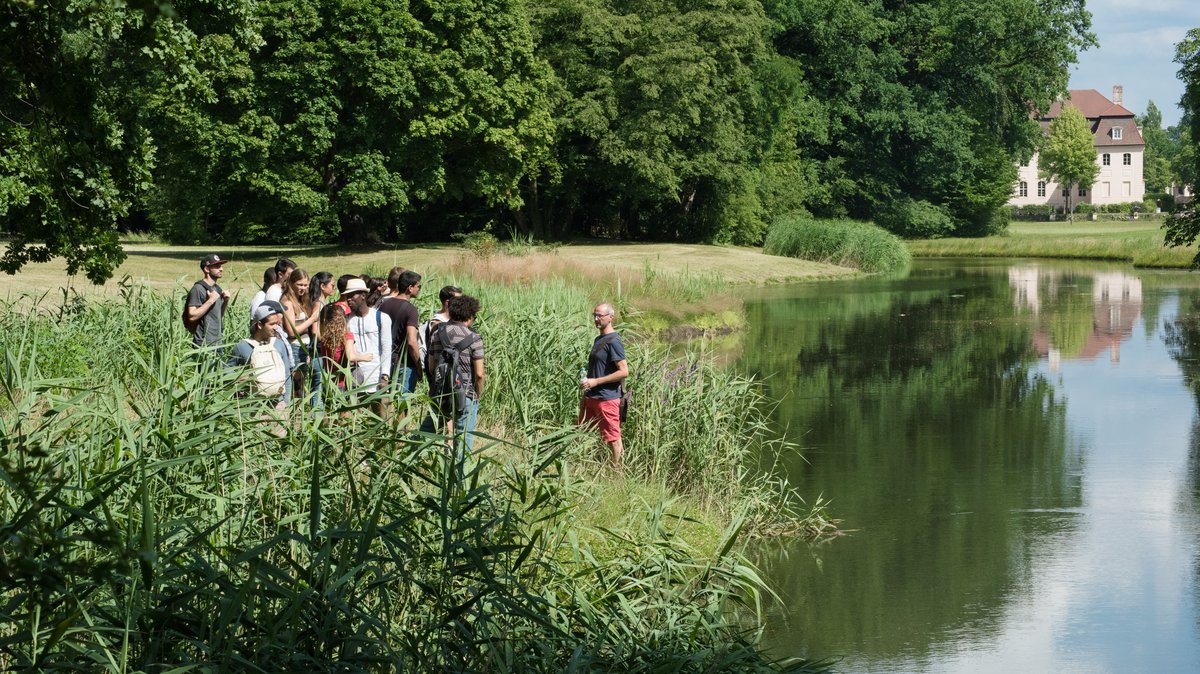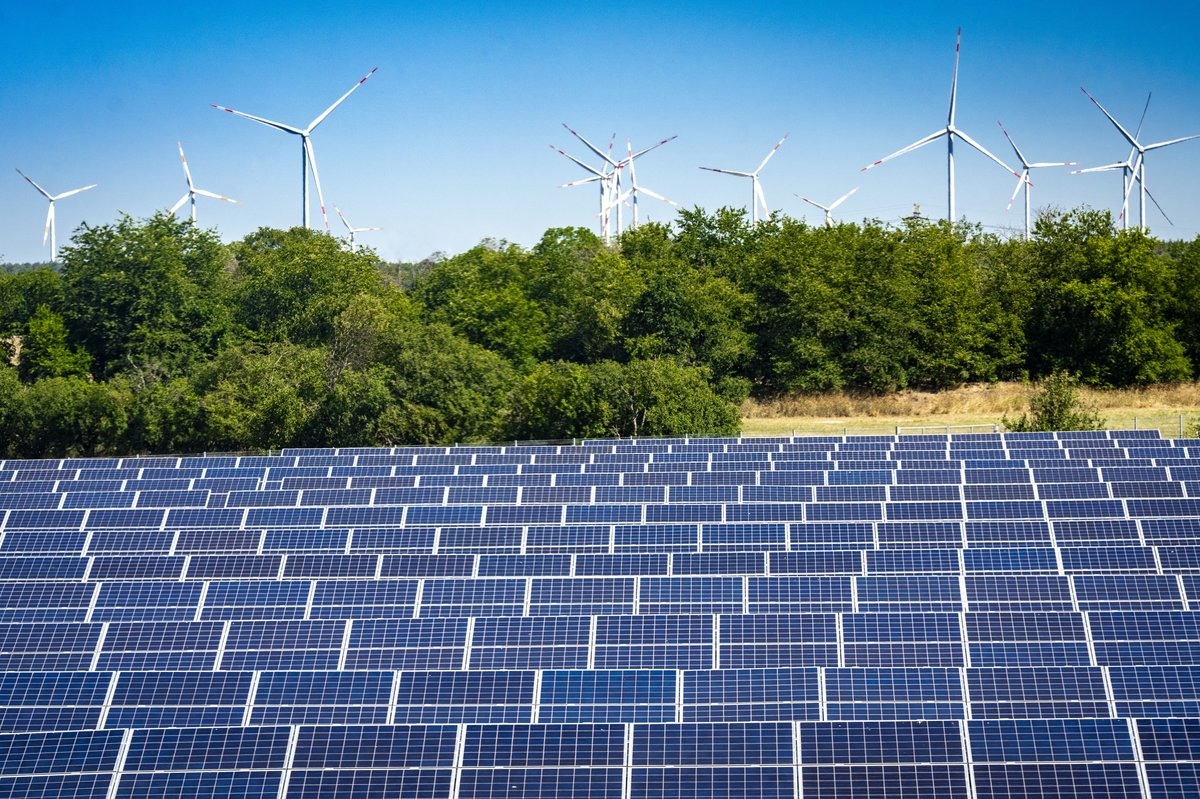About the Program
Program Description
The Master of Science in Environmental and Resource Management (ERM) at Brandenburg University of Technology (BTU) is an innovative, interdisciplinary graduate program that addresses the complexity of today’s environmental challenges through an integrated perspective. It is designed for students from a wide range of academic backgrounds—including environmental sciences, engineering, law, economics, and planning—who are interested in solving complex environmental and resource challenges at local and global levels.
Importantly, the program is also a natural continuation of BTU’s B.Sc. in Environmental and Resource Management, allowing graduates of the bachelor’s program to smoothly transition into advanced studies within the same academic and research environment.
This four-semester, research-oriented program combines academic training with practical application, giving students both the knowledge and tools to address global environmental and resource-related problems. Courses are taught entirely in English by an international team of faculty and researchers.

Program Structure
The program begins with foundational courses in environmental and resource management and gradually moves toward specialized electives and research activities. A study project in the third semester enables students to gain hands-on experience by solving real-world problems, which is conceptualized as an interdisciplinary and problem-oriented class comprising seminars, exercises, fieldwork, institutional research, literature study, etc. The main scope is the development of problem-solving skills using information gathering, social interaction with a team, and communication of results. The master’s thesis in the fourth semester allows for in-depth research on a chosen topic.
- Semester 1–2: Core and elective modules
- Semester 3: Study Project (12 ECTS), optional semester abroad
- Semester 4: Master’s Thesis (30 ECTS)
On average, 20 hpw resp. 30 credits have to be studied in each semester, meaning a total of 80 hpw resp. 120 credits. Advisors will be available to guide the student in finding the optimal curriculum according to her/his background.
Structured as a modular program, ERM emphasizes flexibility and interdisciplinary learning. Students personalize their academic path by selecting from a wide array of elective courses within three specialization tracks.
Fields of Specialization

This track focuses on designing and improving environmental technologies and systems. It covers water and wastewater management, energy systems, process engineering, and risk analysis. Ideal for students interested in technical solutions to sustainability challenges.
Example Modules:
Wastewater and Sludge Treatment
Process Simulation in Chemical and Process Engineering
Renewable Energy Technologies for Power Supply
Safety and Risk Analysis for Process Plants
Hydrology and Hydraulics

The Environmental Science specialization emphasizes a systems-based and analytical understanding of natural processes. Students explore ecosystems, climate interactions, land use, and ecological data science, enabling them to assess and manage complex environmental systems.
Example Modules:
Environmental Modelling
General and Applied Ecology
Agro-ecosystems Analysis and Modelling
Freshwater Restoration Ecology
Environmental Data Science
Microclimates and Climate Change Projections

This specialization addresses the societal, legal, and economic dimensions of environmental challenges. It trains students in policy analysis, governance strategies, sustainability metrics, and spatial planning, preparing them for roles in public policy, consultancy, and advocacy.
Example Modules:
Advanced Studies of International Environmental Law
Cost-Benefit Analysis in Environmental Evaluation
Measuring Sustainability
Strategic Environmental Assessment
Urban and Regional Planning
Sociology of Sustainable Development
